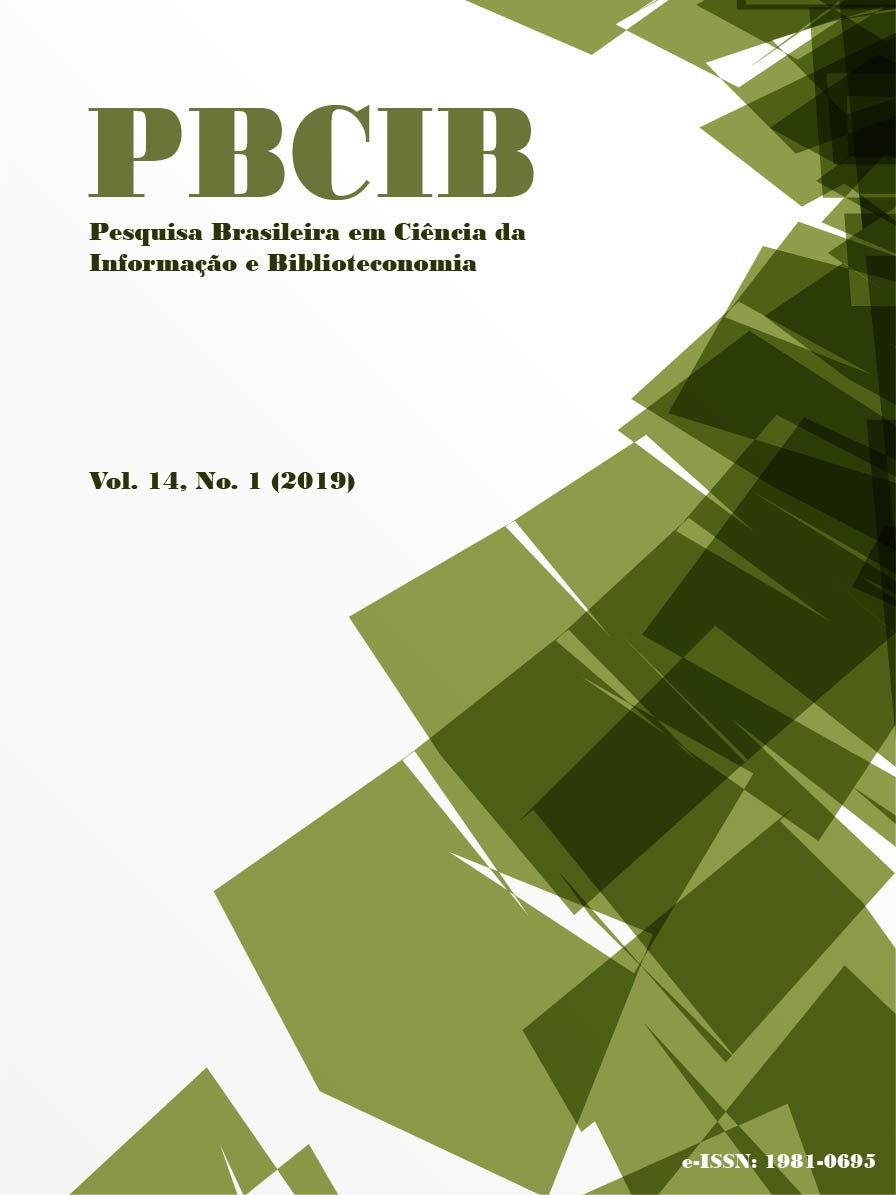The individual’s invention: for a study of cultural sociology of self
Visualizações: 46Resumo
This paper aims to frame a few ideas and concerns about the way western societies in general during modernity times, have been handled through multicultural theories and public policies, the issue of cultural diversity, and especially those ones dealing with the interaction among different cultural groups. We assume that the different forms in which public policies are back up in a theoretical level, by then built and applied to different cultural communities (materialistic level) represent and reflect an ontological conception of culture (symbolic level) based in the belief of the existence of an autonomous, conscientious and rational individual moral subject. We argue that today, these policies are the last political crystallization of this “cult of the individual” that has been shaping over the last two centuries a system of beliefs about the human social being and group relations. This is a soteriological logic of the projection whose origins are of dramatic character (morality of good or bad). This has to do with what here is called the sociology of Self, which means analyse the implications of a system of beliefs based on the cult of the individual on scientific reasoning and forms of political organization of society, and how the interaction structures result as the meaning of action and experience for people and human group: in other words, it is about the production of social meaning. I used the metaphor of Tribal awareness as the main notion of this approach. It is a vitalism of tragic existential origin, which is the nodal point of philosophy in Nietzsche. From a cultural sociological approach of imaginary this would mean investigating the collective effects of a system of beliefs that sacralised the human being as individualistic entity, and considering the effects of collective meanings when the individual becomes a cultural icon with a historical global scope.
Palavras-chave: Consciência tribal. Culto do indivíduo. Individualismo icônico. Intersubjetividade. Políticas culturais
Link: https://revistas.ufg.br/ci/article/view/54622/26532














